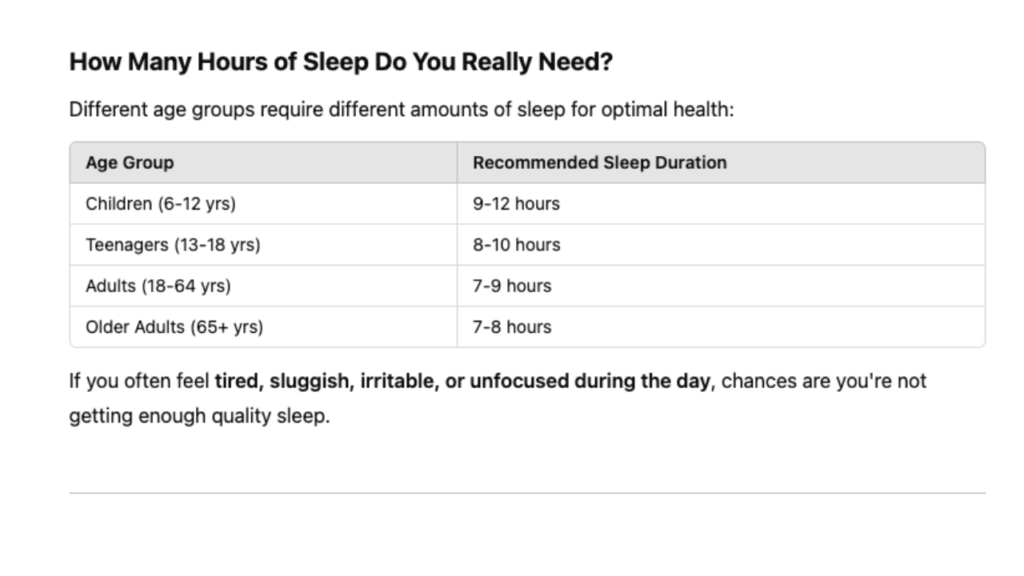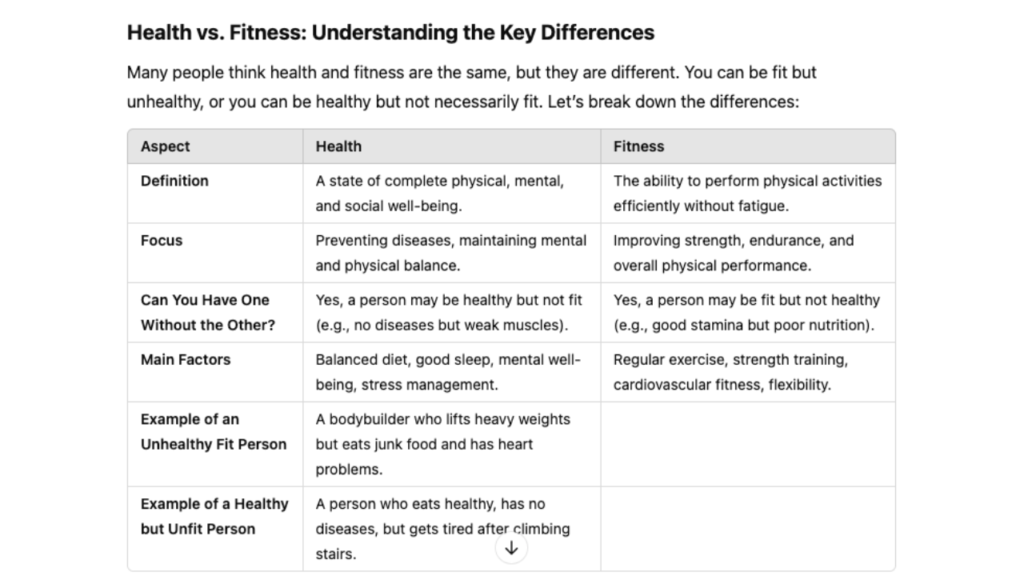These days, everyone is busy running after money. But what’s the point of all that money if your health is not good? Do you also keep saying—“I’ll join the gym tomorrow” or “I’ll start eating healthy next week”? If yes, then this blog is for you!

Step 1: Set Your Mindset
Your health is your greatest asset. With poor health, wealth and success will be meaningless. Here’s the way to change your mind:
Make health a priority – Don’t treat it as an option or a luxury.
Quit offering excuses – “I don’t have time” is merely an attitude problem. You can always find time for your well-being.
Practice patience – Physical fitness is not a miracle which happens overnight. Small steps daily will yield bigger results in the long run.
Step 2: Better Eating Habits
What you eat is reflected in your body. To be fit and energetic, adopt the following:
Increase natural foods – Incorporate fresh fruits, vegetables, whole grains, and lean proteins in your diet.
Exclude processed and junk food – They have unhealthy fats, sugar, and chemicals that lead to weight gain and ill health.
Hydrate – Drink a minimum of 2-3 liters of water daily to remove toxins and keep your body running effectively.
Manage portion sizes – Eating too much, even nutritious food, can add to your weight. Eat sensibly and quit when you’re 80% full.
Adhere to the 80/20 rule – Healthy eating 80% of the time and indulging in your favorite foods 20% of the time.
Step 3: Get Moving Every Day
Regular movement makes your body fit and keeps disease away. There is no need to waste time in the gym—just get moving!
Take 10,000 daily steps – Brisk walking is one of the simplest and most effective forms of exercise.
Exercise for 30 minutes daily – Find an activity you love, such as jogging, biking, dancing, or yoga.
Stretch daily – It prevents stiffness and keeps muscles flexible.
Take breaks when you sit for extended periods of time – Get up, stretch, or do a short walk every hour to prevent backache and stiffness.
Strength training – Perform bodyweight exercises such as squats, push-ups, and planks to strengthen muscles and burn fat.
Step 4: Get Enough Sleep
Sleep is not just “resting time”—it’s the period when your body heals, regenerates, and prepares for the next day. Without proper sleep, your brain, muscles, and organs won’t function efficiently. It affects everything from your mood, metabolism, and weight to your memory, productivity, and immune system.
Why Sleep is Important for Your Health?
- Boosts Immunity: While you sleep, your body repairs cells and fights off infections. Poor sleep weakens your immune system, making you more prone to illnesses.
- Aids in Weight Management: Lack of sleep increases hunger hormones like ghrelin and reduces satiety hormones like leptin, leading to overeating and weight gain.
- Improves Mental Focus & Mood: A well-rested brain functions better, improves memory, and reduces the risk of anxiety and depression.
- Enhances Muscle Recovery: Sleep is essential for muscle growth and repair, especially if you work out regularly.
- Lowers the Risk of Chronic Diseases: Poor sleep is linked to heart disease, diabetes, and high blood pressure.
How to Improve Your Sleep Quality?
1. Maintain a Consistent Sleep Schedule
- Go to bed and wake up at the same time every day, even on weekends.
- Following a routine helps your body maintain a natural sleep-wake cycle (circadian rhythm).
2. Avoid Screens Before Bedtime
- Blue light from mobile phones, laptops, and TVs disrupts melatonin production, the hormone responsible for sleep.
- Try reading a book, meditating, or listening to soft music instead of scrolling social media before bed.
3. Create a Comfortable Sleeping Environment
- Keep your bedroom cool, dark, and quiet for better sleep quality.
- Invest in a good mattress and pillows to support your body posture.
- Use blackout curtains or an eye mask if light disturbs your sleep.
4. Avoid Caffeine & Heavy Meals at Night
- Caffeine from coffee, tea, energy drinks, and even chocolate can stay in your system for 6-8 hours, making it harder to sleep.
- Heavy, spicy, or oily food late at night can cause indigestion and disturb sleep.
- Eat at least 2-3 hours before bedtime for proper digestion.
5. Exercise Regularly but Not Too Late
- Regular physical activity helps improve sleep quality, but avoid intense workouts right before bedtime, as they increase adrenaline and heart rate, making it harder to relax.
- Try light stretching or yoga in the evening to relax your body.
6. Reduce Stress Before Bed
- Practice deep breathing, meditation, or journaling to clear your mind.
- Avoid overthinking about work or personal problems at bedtime.
- A warm bath, aromatherapy (lavender oil), or calming music can help relax your mind.
7. Follow a Wind-Down Routine
- Set a bedtime alarm that reminds you to start relaxing 30-60 minutes before sleep.
- Engage in relaxing activities like reading, listening to calm podcasts, or writing a gratitude journal.


Which is More Important: Health or Fitness?
Health is the foundation—without good health, fitness means nothing. Fitness is a part of good health, but it should be balanced with proper sleep, diet, and mental well-being. To live longer, feel energetic, and avoid diseases, focus on both health and fitness together.